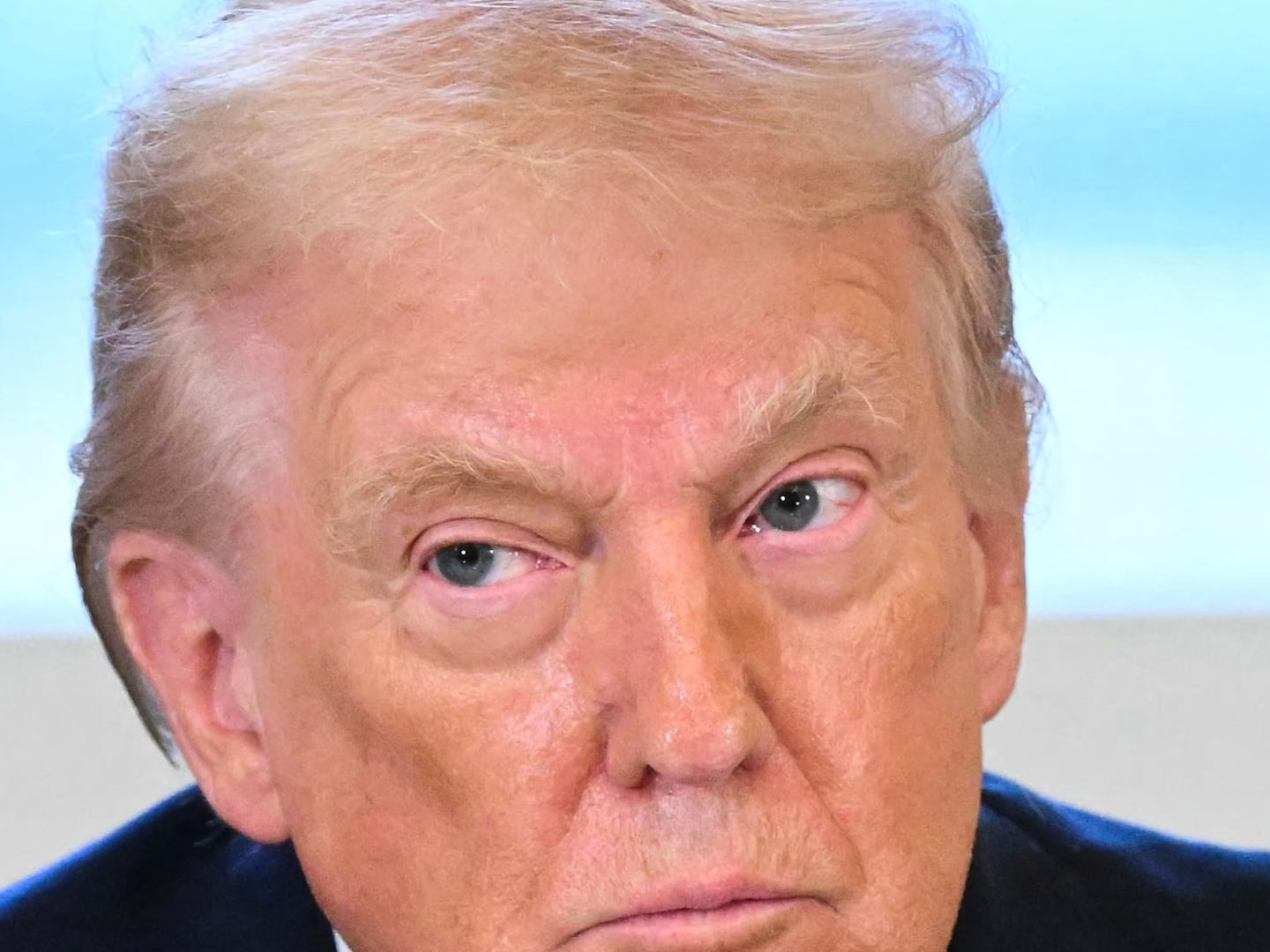Poor Paul Manafort. To hear his lawyers tell it today, he’s the real victim here. They say the financial crime spree the government’s accused him of—spanning millions of dollars, several years, and multiple offenses—is all because he was just a busy guy who put too much trust not just in his old employee, Rick Gates, but his former son-in-law Jeff Yohai.
Welcome to Rabbit Hole.

Mortgages and lies: Thursday’s testimony focused on a host of lies the government accused Manafort of telling to banks in order to get them to give him bigger loans with cheaper interest rates—hiding mortgages, hiding debt, and inflating income. One of the alleged lies that drew a lot of testimony was whether the home he owned at 29 Howard Street in New York was a rental property or a second home. Manafort told the bank it was a second home; it wasn’t.
Why that matters: Peggy Miceli from Citizen’s Bank underwriting department testified that the bank wouldn’t hand out the kind of mortgage Manafort wanted for rental homes and that the most they’d loan out on investment properties is around a million dollars—far short of the $3.4 million he was aiming for. Lying about the residency status, as the government alleges Manafort did, earned him $2.4 million over what he could’ve otherwise expected.
Airbnbusted: Prosecutor Uzo Asonye called Airbnb’s director of customer experience Darin Evenson to the stand and had him read from the company’s internal records about Howard Street. Evenson said company records show money from the rentals went to an account owned by Yohai. The records also showed that the home had been almost consistently listed for rent throughout 2015 and into 2016, but was taken down from search listing in February 2016—just as Manafort was applying for a loan on it and representing that it was a second home for him and his family.
It’s all Jeff’s fault: On cross-examination, defense attorney Jay Nanavati asked Melissa Jenks, a Citizen’s Bank mortgage loan assistant who worked on the Howard Street loan, “You don’t know whether Mr. Manafort knew if Jeff Yohai had listed the [Howard Street] apartment for rental, do you?” Jenks, a junior official at the bank with no personal relationship to Manafort, clearly didn’t and said so. But the point of the question was apparently to suggest to the jury that, once again, Manafort could’ve been tricked into committing mortgage fraud by someone else (other than Gates).
Slight problem with that: The Airbnb testimony is backed up by evidence that MC Soho, the Manafort family company that owned 29 Howard Street, reported that the place was rented out in 2015 and 2016, and took deductions for rental income of over $100,000 on the place. In order to buy that Manafort didn’t wittingly deceive the bank about the rental status of the New York home, you’d have to believe that he didn’t review the taxes for MC Soho, where he was part owner.
Running a con: There’s another problem with the theory that Yohai was renting out the Howard Street property behind Manafort’s back: an email to Yohai about Citizen’s Bank’s appraiser. Appraisers are supposed to assess the value of a house and give the bank a heads-up about whether it’s being used as either a rental home or a residence. If the appraiser had reported Manafort’s Howard Street home as a rental, he would’ve been out of luck fast on his mortgage application.
Shortly before Citizen’s Bank's appraiser swung by 29 Howard Street, Manafort sent his son-in-law a fairly incriminating-sounding email tipping them off that the bank’s guy would be around and gave them some advice. “Remember, he believes that you and Jessica are living there,” he wrote. It’s not quite a smoking gun but it sure sounds an awful lot like Manafort, aware that his kids weren’t living at Howard Street, told them to hurry up and pretend that they were.
La-La-Land: The most damning exhibit offered on Thursday was a loan application Manafort made with his son-in-law. The prosecution called up Gary Seferian, an executive at the Banc of California, who testified that Yohai and Manafort were asking for a $5 million loan for a business that would flip luxury homes in West Hollywood. On the loan application, prosecutors had Seferian read out a section of the loan application where Manafort was supposed to list the total value of debts he had on his real-estate properties. The paperwork, signed on March 9, 2016, listed only $1.37 million in debt for the 29 Howard Street. Just five days before he signed that form, Manafort had closed with Citizen’s Bank on a $3.4 million-dollar loan at the same property but the information never made it onto the Banc of California’s application—and made Manafort a more attractive loan customer than he should’ve been.
Why it’s so damning: This is a clear case where there’s no dispute that Manafort personally signed a legal document about an issue where he must’ve been knowledgeable and where there’s no insinuation that either Yohai, Gates, or anyone else put the lowball debt figure for 29 Howard Street on the form for him. The defense team has tried its best—and done a good job, circumstances considering—to offer reasons and excuses about why Manafort could’ve accidentally committed bank fraud without intent on different occasions. But Nanavati had no response to the Howard Street loan information at the Banc of California today.
Not stacking up: Manafort is trying to get jurors to believe that he simply couldn’t keep track of his own financials. It’s not just that he’s asking the jury to believe he was deceived by those he trusted—but that he was so easily deceived. Given that Manafort spent $100,000 a year for a bookkeeping service, had a team of accountants, and showed up as copied on emails containing forged or incorrect financial and legal paperwork that should’ve been obvious, it’s getting harder to believe.






